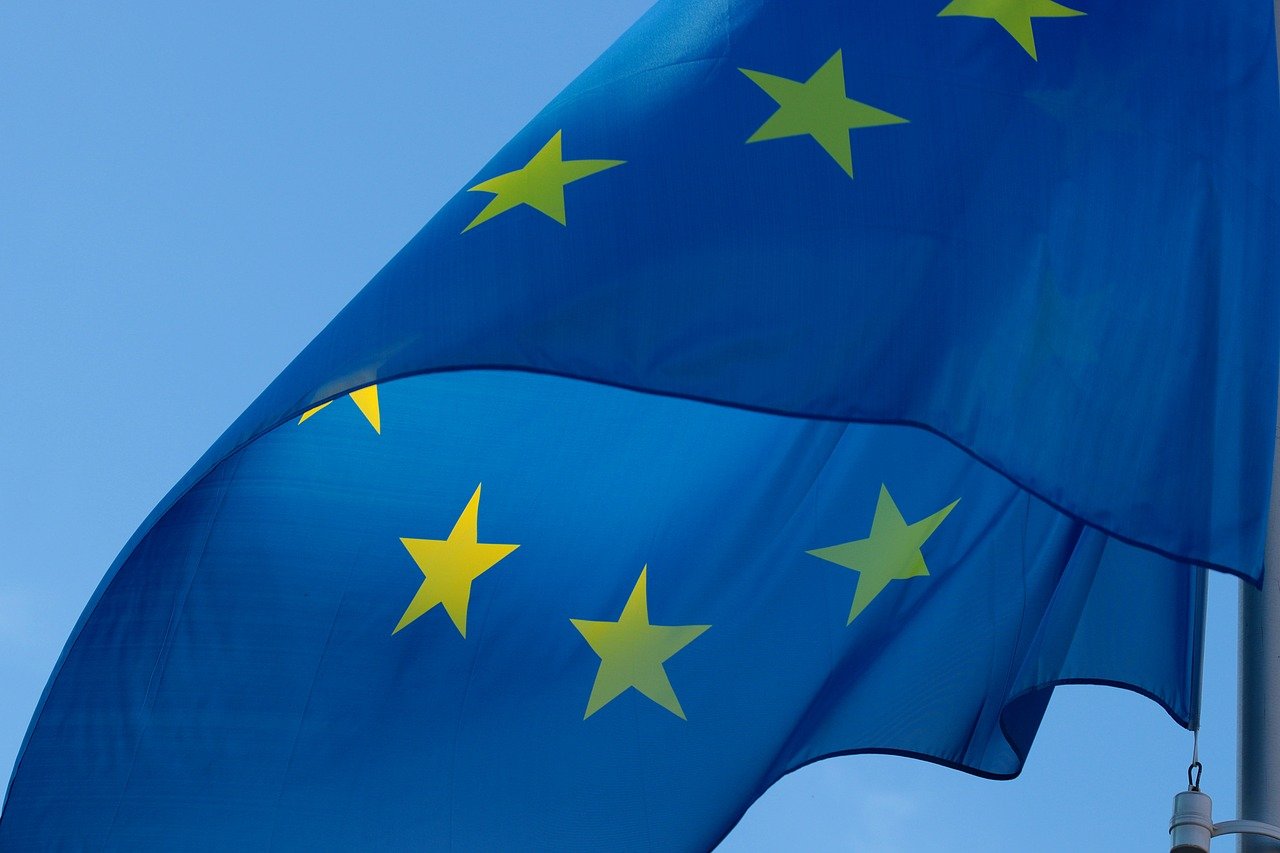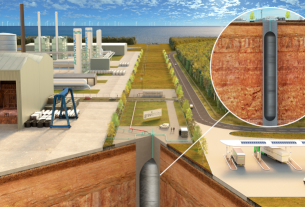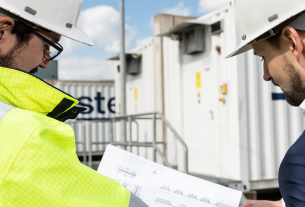European Commission has proposed set up of 10 new European Partnerships between the European Union, Member States and the industry, with the goal to speed up the transition towards a green, climate neutral and digital Europe.
The EU will provide nearly €10 billion of funding that the partners will match with at least an equivalent amount of investment.
The proposed Partnerships aim to develop efficient low-carbon aircraft for clean aviation, support the use of renewable biological raw materials in energy production, ensure European leadership in digital technologies and infrastructures, make rail transport more competitive and improve EU preparedness and response to infectious diseases.
Sustainable sourcing and conversion of biomass
This partnership aims to develop and expand the sustainable sourcing and conversion of biomass into bio-based products as well as to support the deployment of bio-based innovation at regional level with the active involvement of local actors and with a view to reviving rural, coastal and peripheral regions.
It will contribute to the 2030 climate targets, paving the way for climate neutrality by 2050, and will increase the sustainability and circularity of production and consumption systems, in line with the European Green Deal.
Hydrogen contribution to climate-neutral Europe
Thie partnership will accelerate the development and deployment of a European value chain for clean hydrogen technologies. Together with the Hydrogen Alliance, it will contribute to the achievement of the Union’s objectives put forward in the EU hydrogen strategy for a climate-neutral Europe.
It will focus on producing, distributing and storing clean hydrogen and, on supplying sectors that are hard to decarbonize, such as heavy industries and heavy-duty transport applications.
Aviation route to climate neutrality
European partnership will put aviation en route to climate neutrality, by accelerating the development and deployment of disruptive research and innovation solutions. It aims to develop the next generation of ultra-efficient low-carbon aircraft, with novel power sources, engines, and systems, improving competitiveness and employment in the aviation sector that will be especially important for the recovery.
The Partnerships will be open to a wide range of public and private partners, such as industry, universities, research organisations, bodies with a public service mission at local, regional, national or international level, and civil society organizations, including foundations and NGOs.




